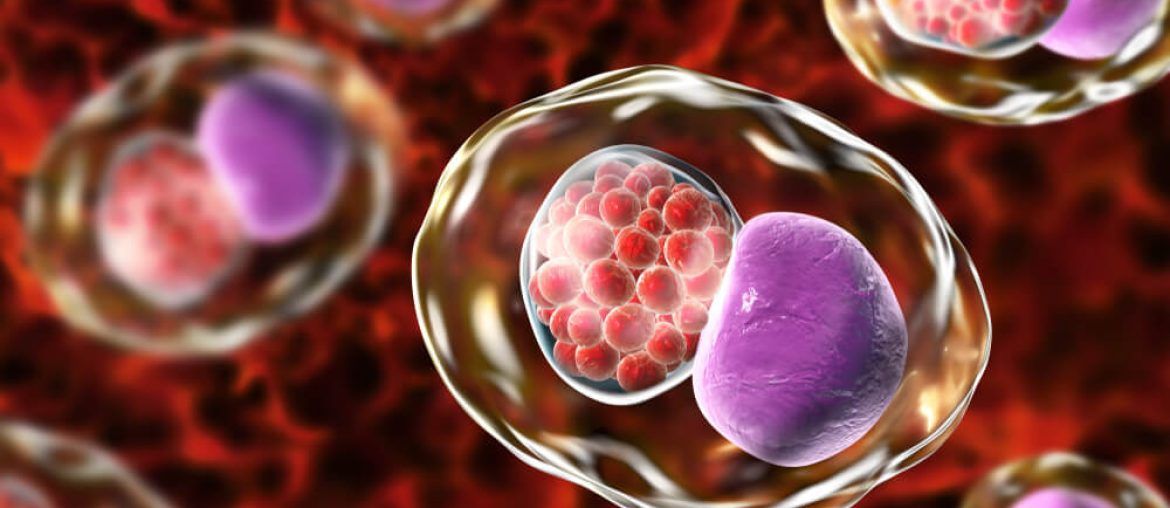Chlamydia is a sexually transmitted infection (STI). Chlamydia is one of the most common STIs in women, especially young women ages 15 to 24. If left untreated, chlamydia can cause serious health problems for women, such as difficulty getting pregnant.
How do you get chlamydia?
Chlamydia is spread through:
- Vaginal, oral, or anal sex. Chlamydia can be spread even if there are no symptoms.
- Genital touching. A man does not need to ejaculate for chlamydia to spread. Chlamydia can also be passed between women who have sex with women.
- Childbirth from a mother to her baby
What are the signs and symptoms of chlamydia?
Chlamydia is known as a “silent” infection, because most women who have chlamydia do not have signs or symptoms.
Signs and symptoms may include:
- Bleeding between periods
- Burning when urinating
- Fever
- Low back pain
- Lower abdominal pain
- Nausea
- Pain during sex
- Unusual vaginal discharge
Do I need to get tested for chlamydia?
If you are 24 or younger and have sex, you need to get tested for chlamydia once a year.
If you are older than 24, you need to get tested if, in the past year or since your last test, you:
- Had a new sex partner
- Traded sex for money or drugs
- Did not use condoms during sex and are in a relationship that is not monogamous, meaning you or your partner has sex with other people
What should I do if I have chlamydia?
If you have chlamydia:
- See a doctor or nurse as soon as possible.
- Antibiotics will treat chlamydia, but they will not fix any permanent damage to your reproductive organs.
- Take all of your medicine. Even if symptoms go away, you need to finish all of the antibiotics.
- Tell your sex partner(s) so they can be tested and treated. If they are not tested and treated, you could get chlamydia again.
- Avoid sexual contact until you and your partner(s) have been treated and cured.
- Even after you finish your antibiotics, you can get chlamydia again if you have sex with someone who has chlamydia.
- See your doctor or nurse again if you have symptoms that don’t go away within a few days after finishing the antibiotics.
How can I prevent chlamydia?
The best way to prevent chlamydia or any STI is to not have vaginal, oral, or anal sex.
If you do have sex, lower your risk of getting an STI with the following steps:
- Use condoms. Condoms are the best way to pre- vent STIs when you have sex. Because a man does not need to ejaculate (come) to give or get chlamydia, make sure to put the condom on before the penis touches the vagina, mouth, or anus. Other methods of birth control, like birth control pills, shots, implants, or diaphragms, will not protect you from STIs.
- Get tested. Be sure you and your partner are tested for STIs. Talk to each other about the test results before you have sex.
- Be monogamous. Having sex with just one partner can lower your risk for STIs. After being tested for STIs, be faithful to each other. That means that you have sex only with each other and no one else.
- Limit your number of sex partners. Your risk of getting STIs goes up with the number of partners you have.
- Do not douche. Douching removes some of the normal bacteria in the vagina that protect you from infection. This may increase your risk of getting STIs.
- Do not abuse alcohol or drugs. Drinking too much alcohol or using drugs increases risky behavior and may put you at risk of sexual assault and possibly getting an STI.
The steps work best when used together. No single step can protect you from every single type of STI.


























